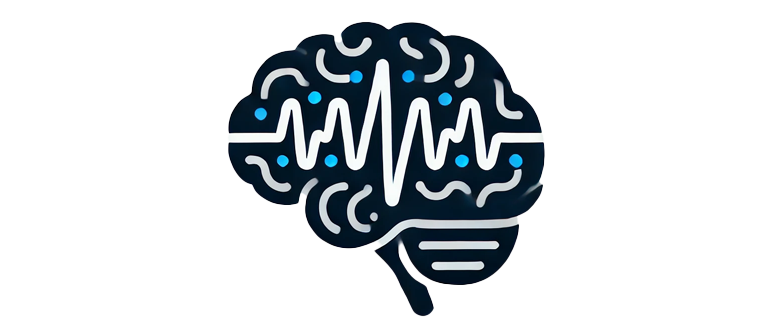For epilepsy patients, the ketogenic diet is a well-established therapeutic approach, particularly for those with drug-resistant epilepsy. Here's an in-depth explanation tailored to epilepsy management:
What is the Ketogenic Diet for Epilepsy?
Originally developed in the 1920s to treat epilepsy, the ketogenic diet mimics fasting by shifting the body’s metabolism to use ketones (produced from fat) as the primary energy source.
Ketones are thought to stabilize brain activity and reduce seizure frequency, although the exact mechanism is not fully understood.
Why It Works for Epilepsy
Ketones as Brain Fuel:
Ketones, produced in the liver from fat, are used as an alternative energy source for the brain.
This energy shift alters neurotransmitter activity and reduces excitability in brain neurons, which can help prevent seizures.
Reduced Excitatory Activity:
The diet lowers glucose levels, which are linked to excitatory activity in the brain, contributing to seizure control.
Neuroprotective Effects:
Ketones have anti-inflammatory and antioxidant properties that may protect neurons.
Types of Ketogenic Diets for Epilepsy
Classic Ketogenic Diet:
Follows a strict 4:1 ratio of fat to combined protein and carbohydrates (4 grams of fat for every 1 gram of protein and carbohydrate).
Highly effective but requires careful meal planning and medical supervision.
Modified Atkins Diet (MAD):
Less restrictive, with a focus on high fat and low carbs, but without strict ratio requirements.
Easier to maintain for some families and adults.
Low Glycemic Index Treatment (LGIT):
Focuses on controlling blood sugar levels with foods that have a low glycemic index, combined with moderate fat and protein intake.
Medium-Chain Triglyceride (MCT) Diet:
Incorporates MCT oils (like coconut oil), which produce more ketones per gram of fat, allowing slightly higher carb and protein intake.
Benefits for Epilepsy Patients
Seizure Reduction:
Proven effective for reducing seizures, especially in children with refractory epilepsy (when medications fail).
Some patients experience complete seizure freedom.
Medication Reduction:
In some cases, patients can reduce anti-epileptic drugs under medical supervision.
Cognitive and Behavioral Improvements:
May improve alertness, focus, and overall quality of life due to fewer seizures and stable energy levels.
Implementation
Medical Supervision:
Initiation typically occurs in a hospital or clinical setting to monitor for side effects and adjust the diet.
Diet Planning:
A dietitian calculates precise macronutrient ratios and designs meal plans.
Supplements (e.g., vitamins, calcium, and potassium) are often required to prevent deficiencies.
Monitoring:
Regular monitoring of blood ketone levels, urine ketones, and blood sugar is essential to ensure the diet is effective and safe.
Foods for Epilepsy Patients on Keto
Allowed:
High-fat foods: butter, cream, olive oil, avocados.
Protein: eggs, fish, meat, and poultry (in moderate amounts).
Low-carb vegetables: spinach, zucchini, cauliflower, broccoli.
Specific snacks: ketogenic-approved shakes, nuts, or fat bombs.
Avoided:
High-carb foods: bread, pasta, potatoes, sugary snacks, and most fruits.
Processed foods with hidden carbs or sugars.
Potential Side Effects
Short-Term (Keto Flu):
Fatigue, nausea, dizziness, and irritability as the body adapts to ketosis.
Long-Term:
Constipation due to low fiber intake.
Kidney stones (more common in children) and increased cholesterol levels in some cases.
Special Considerations for Children
Often used for pediatric patients with conditions like Dravet syndrome or Lennox-Gastaut syndrome.
Requires meticulous management by caregivers and close collaboration with healthcare providers.
Effectiveness
Research shows that up to 50–60% of epilepsy patients experience at least a 50% reduction in seizures.
About 10–15% achieve complete seizure freedom.
Effectiveness varies by individual, epilepsy type, and adherence to the diet.
If you're considering the ketogenic diet for epilepsy management, it’s crucial to consult with a neurologist and dietitian experienced in therapeutic ketogenic diets. Would you like information about initiating the diet or resources to discuss with a medical team?
